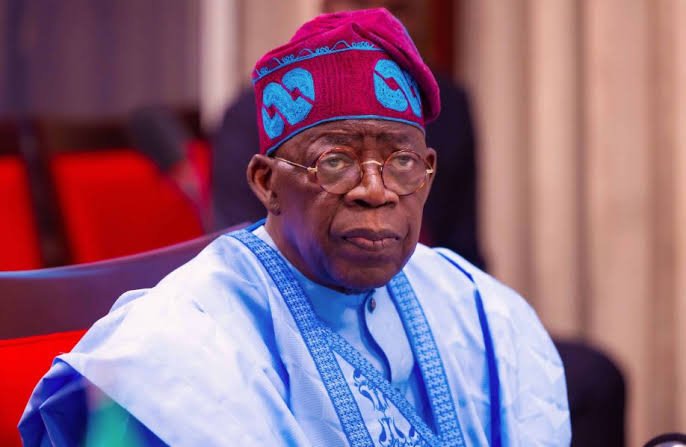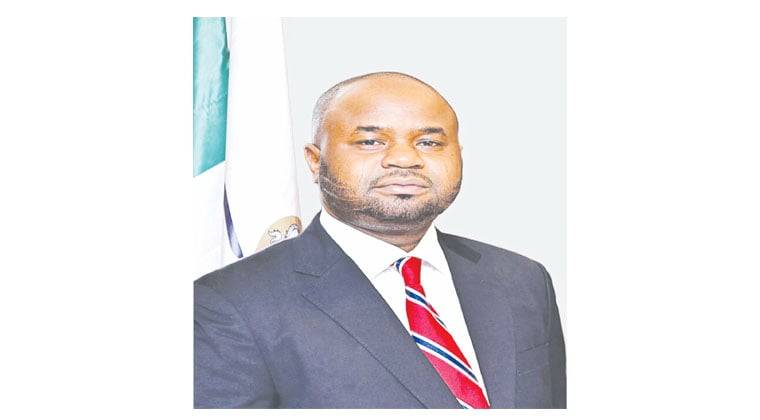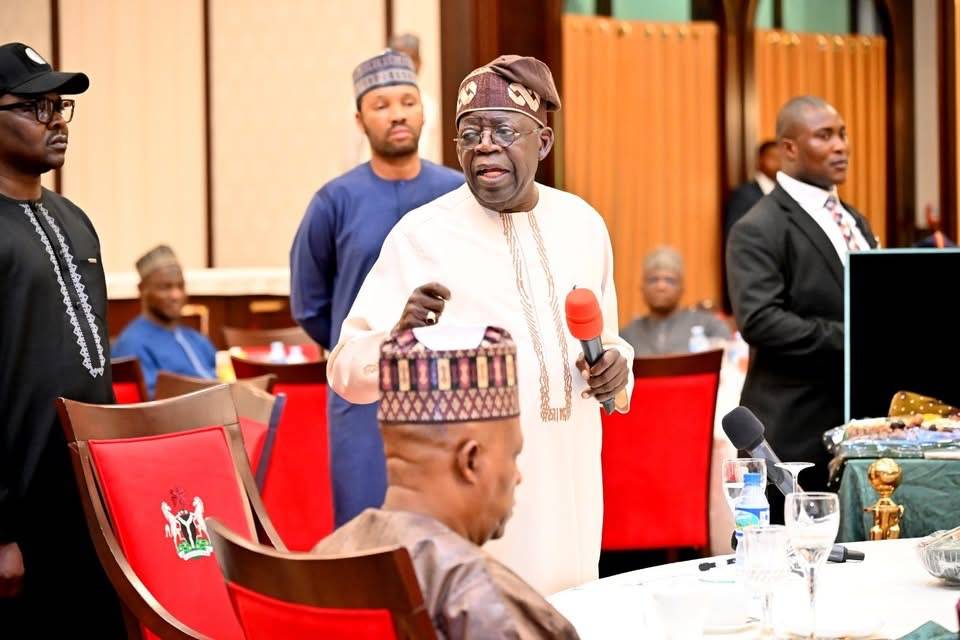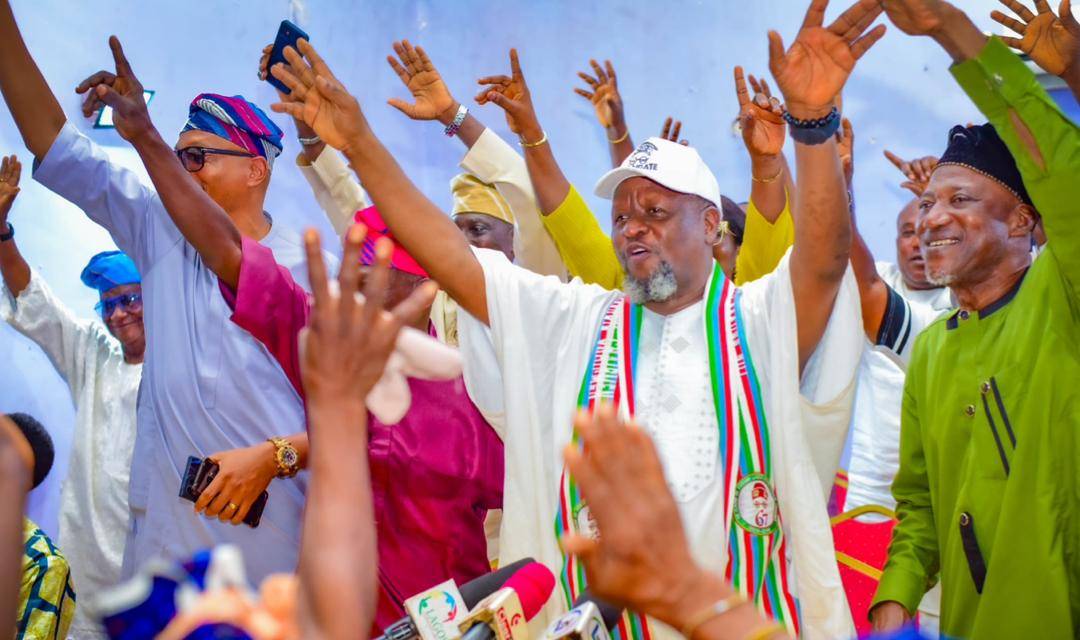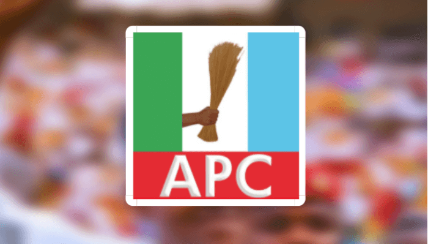By Emmanuel Oladesu
Thirty-Three years after the federal capital was relocated from Lagos to Abuja, the city has continued to make a major contribution to national development as Nigeria’s economic capital.
The Centre of Excellence is not agitating for the relocation of the political and administrative capital to the ‘Land of Aquatic Splendour’, ‘City of First Choice’ and ‘Pride of The Nation’.
Lagos’ role has been predetermined. Its strategic location on the nation’s map, its vast potentials as well as the quality and quantity of its population account for its comparative advantageous position in national life.
What Lagos is agitating for, but which has so far remained elusive, is a special status.
Yet, the term – special status – has provoked envy and triggered unfounded animosity towards the former federal capital by some political leaders who, ironically, have varied interests to protect in Lagos. Thus, the tone of agitation, over time, has been moderated to convey the message that Lagos, which is a sought-after city by all Nigerians, is in dire need of ‘special economic assistance’.
The relocation of some offices of the Central Bank of Nigeria (CBN) and the Federal Aviation Authority of Nigeria (FAAN) from Abuja to Lagos was a mere administrative decision meant to guarantee operational efficiency. It is cheap blackmail to attribute it to any imaginary move to relocate the federal capital to Lagos. It should also not be uncritically confused with the legitimate agitation by Lagos for special federal support and assistance as the commercial nerve centre, an agitation that has been going on for decades.
The megacity shoulders enormous national, sub-regional and continental responsibilities. There is so much pressure on the social amenities provided by the state government. No state has been able to match the socio-economic contributions of Lagos to Nigeria.
Many Nigerians might have thought the city-state would achieve the dream of special economic assistance under the Muhammadu Buhari administration. Their hopes were rekindled when Senator Oluremi Tinubu (Lagos Central) sponsored “A Bill for an Act to Make Provision for Federal Grants to Lagos State in Recognition of its Strategic Socio-economic Significance and Other Connected Purposes” in the Senate.
The Bill was meant to address some of these problems in the national interest. Noting that Lagos has been under strains, Mrs. Tinubu said: “It is obvious that Lagos State has been left to deal with these pressures on its own at a huge cost.” The idea then was to get the distant Federal Government to appropriate an amount not less than one per cent of the total revenue accruing to it to Lagos as a first-line charge from the Federation Account.
However, the hope was dimmed as majority of senators shot the Bill down at its Second Reading.
When the FCT was moved from Lagos to Abuja, there was an agreement that Lagos would not be abandoned. Five cities – Enugu, Port Harcourt, Ibadan, Kaduna, and Lagos – were later designated as ‘Centres of Excellence’ by the Murtala Muhammed administration. The plan was to ensure that the Federal Government made them cities of pride.
However, since Lagos was stripped of its status as the nation’s political capital, the Federal Government abandoned the city. Successive governments have also refused to borrow a leaf from other countries that relocated their national capitals without abandoning the infrastructural development of the former seats of political power.
Why can’t Nigeria emulate Germany, Brazil, Malaysia, Australia, and Tanzania, which, after relocating their seats of government, did not stop developmental programmes targeted at the former capitals?
From 1954 to 1994, the capital of Germany was Bonn. It was moved to Berlin, following the endorsement of an agreement on the movement, which spelt out the responsibilities of the German Government for the maintenance of the old capital.
Another example is that of Brazil, which moved its capital from Rio de Janeiro to Brasilia. Up to now, all federal roads, buildings and other infrastructure in both cities are maintained simultaneously by the central government. This is the concept of dual cities at work.
Malaysia has also maintained two capitals. Its old capital, Kuala Lumpur, has been retained as the legislative capital, where the National Assembly operates. Its new capital, Putrajaya, which is one of the most computerised cities in the world, is the administrative capital.
In Australia, the old capital, Sidney, still enjoys special recognition. Although Canberra is the new capital, most government activities, international conferences, party conventions and meetings are still held in the former capital city.
The former capital of Tanzania is Dar es Salaam. When Dodoma became the new capital, the old seat of power did not suffer neglect.
There is no politician and businessman of note who does not have anything to do with Lagos, being the nation’s commercial capital.
Across the pre-existing 20 local governments and an additional 57 Local Council Development Areas (LCDAs) in the five political divisions of Ikeja, Lagos, Epe, Ikorodu, and Badagry, there is a thin line of differences between the indigenes and non-indigenes. Unlike in other states, the doors of political and elective offices, as well as the civil service are not shut against non-indigenes, who now appear to be in the majority in the urban areas, to the disadvantage of the sons of the soil.
Many old Lagosians believe that successive Federal Governments have not acted in good faith by refusing to accord Lagos its pride of place, contrary to early assurances. Before the relocation of the capital to Abuja, the Yakubu Gowon administration had set up the Federal Government/Lagos Committee to recommend certain special considerations for the city. The committee was chaired by a former Federal Commissioner for Finance, the late Alhaji Shehu Shagari, who later became the President of Nigeria. But the recommendations did not see the light of the day.
Gen. Gowon’s successor, the late General Murtala Muhammed, whose administration approved the relocation of the capital from Lagos to Abuja, based on the late Justice Akinola Aguda Panel report, had promised that the city would not be abandoned because of its position as the economic nerve centre of the country. That decision was captured by the minutes of the defunct Supreme Military Council (SMC).
The relocation of the federal capital was a phased programme. The former military President, General Ibrahim Badamasi Babangida (IBB), who completed the exercise, also assured that Lagos would not be neglected as the former chief city. When Babangida moved the Presidency to Abuja, prominent women leader, the late Alhaja Abibat Mogaji, reminded him during the inauguration of the Third Mainland Bridge, to redeem his promise to Lagos.
“As you relocate to Abuja, keep your promise to Lagos,” she told Babangida.
When the late Head of State, General Sani Abacha, mooted the creation of zonal centres of excellence, he accorded Lagos a priority, along with Port Harcourt, Kaduna, Kano, and Enugu. However, it did not become a reality.
Successors to the military hegemony systematically wreaked havoc on Lagos. Apart from frustrating the metro line project conceived by the administration of former Governor Lateef Jakande, military rulers short-changed the state during the creation of additional council areas. Kano and Jigawa, which were one state before, now have almost 80 councils; Lagos has to contend with the 20 local governments listed in the Constitution. When former Governor Bola Tinubu, now President of Nigeria, decided to create an additional 37 councils, the Federal Government under former President Olusegun Obasanjo erected roadblocks.
For 14 months, the allocations to the councils were illegally seized by the Federal Government, but the action could not even make any impact on the state for eight years.
In 2004, there was a row between the federal and Lagos governments over the national census. The Tinubu administration had rejected the census figures of nine million for the state, insist ing that the figure of the state-sponsored headcount, which was 18 million, captured the population of the metropolis.
When General Obasanjo left office, prominent Lagos leaders, including Femi Okunnu and Oba Rilwanu Akiolu, took on the battle of reclaiming Lagos lands and other property illegally acquired by the Federal Government. Also, many Lagosians picked holes in the non-payment of revenue to Lagos State by the Nigerian Ports Authority (NPA), which makes billions of naira daily in the city. Irked by the denial of a portion of the earnings, some have argued that if oil-producing states could receive 13 per cent derivation, Lagos, which generates the highest Value Added Tax (TAX), deserves special funding.
Foreign officials acknowledge the importance of Lagos to the country. World Bank officials, who visited the late President Umaru Yar’Adua in Abuja some months into his administration, were taken aback when no representative of the Lagos State government was in the team that first accompanied the President. Taking a cue from that omission, the former President hurriedly requested the then Governor Babatunde Fashola (SAN) to fly to Abuja to accompany him to the meeting.
As far back as 2001, the World Bank had rated Lagos as the regional economic capital of the West African States (ECOWAS). Also, the Vision 2020 and the National Financial Sector Strategy document have emphasised that Lagos was crucial to any economic calculation and reform process that the Federal Government might contemplate. As the commercial hub, Lagos contributes 31.98 per cent to the nation’s Gross Domestic Product (GDP). Indeed, Lagos is the nation’s lead contributor in the non-oil sector, with 19 per cent attainment, which is equivalent to the contribution of 13 Nigerian states put together.
Former Information and Strategy Commissioner Opeyemi Bamidele, now Senate Leader, put these into perspective when he said: “The city of Lagos alone accounts for over 70 per cent of national industrial investment, 65 per cent of total cargo freight, over 50 per cent of Nigeria’s communication subscribers and over 70.16 per cent of international and 58.30 per cent of domestic aviation traffic.
“With three lighter terminals and two ports, Lagos generates 50 per cent of Nigeria’s port revenue and the Murtala Muhammed Airport (MMA), located in the heart of Lagos, is the major hub for aviation within West Africa, as well as between the regions and Europe.”
Many experts believe that Lagos’s economic potential even makes the special status consideration more compelling. Apart from the fact that, historically, it had served as the seat of government from the colonial days, Lagos is a huge city with a bourgeoning population thirsty for sophisticated infrastructure.
Covering an area of 3,600 square kilometres, the Lagos port city offers easy access to rich natural resources, including natural gas and oil. In the Lagos hinterland of Epe, Apa Kingdom in Badagry, Eti-Osa, Ikeja, and Ikorodu are found crude oil and bitumen, silica sands, clays and woods.
The special status agitation is an unfinished battle. It has been raging among Lagos governors from the time of Asiwaju Tinubu through the period of Babatunde Fashola to Akinwunmi Ambode and Babajide Sanwo-Olu.
The question is: when will the dream come true?
Culled fro The Nation


